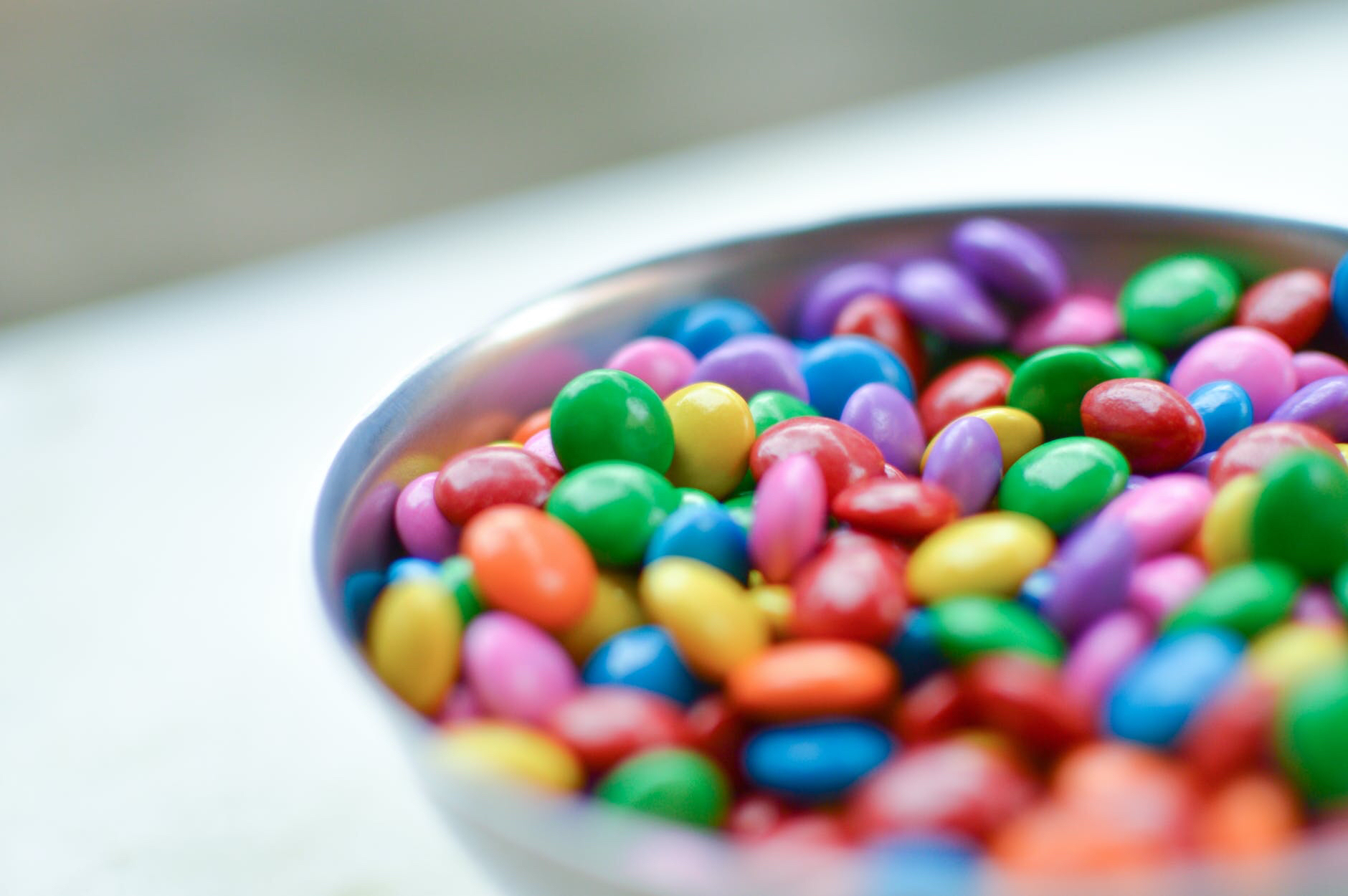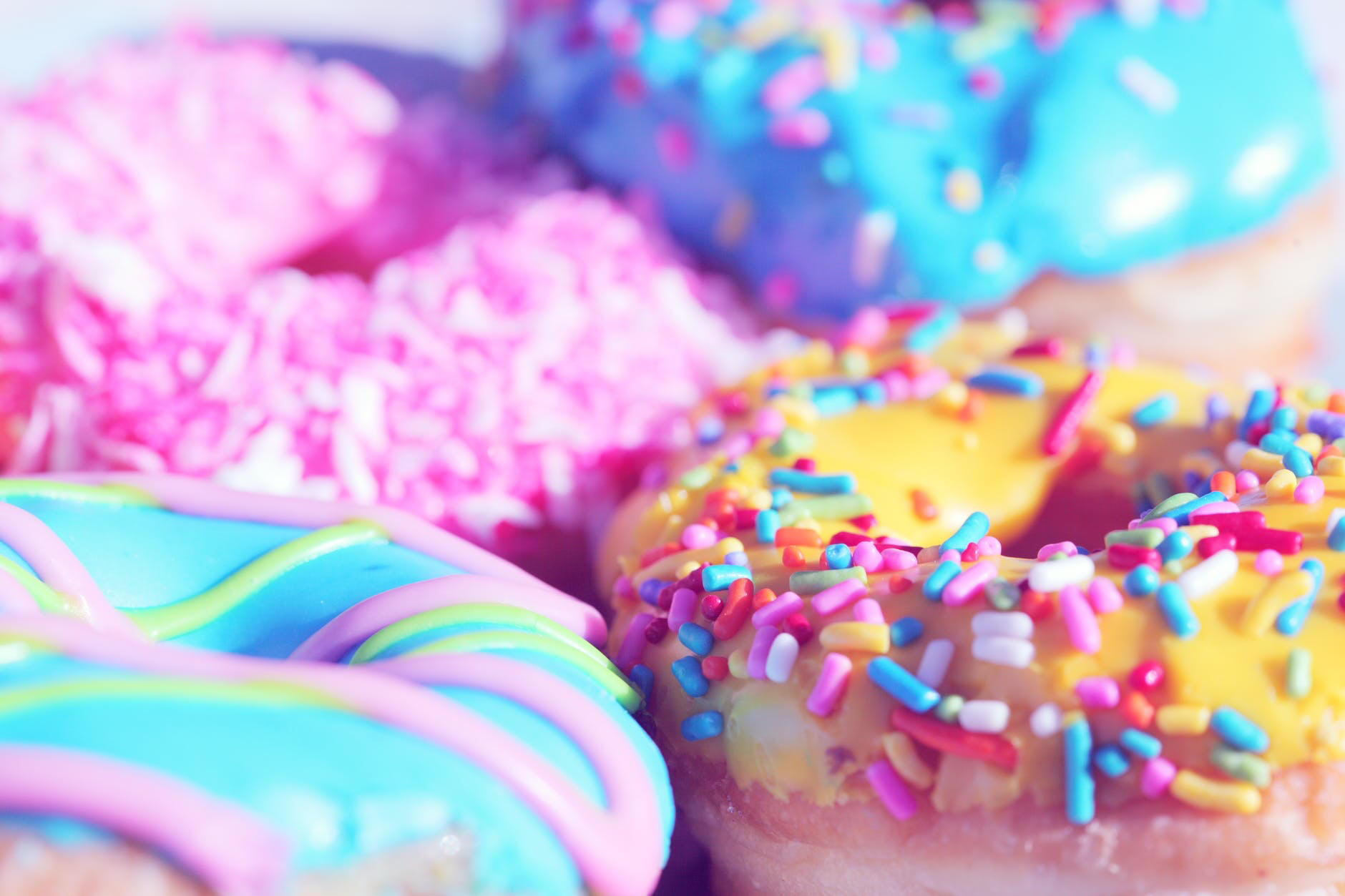Tag: binge eating
-
Does restriction cause eating disorders?
There’s been a lot of debate about restriction causing eating disorders recently. Now I’m not a scientist. I’m someone in recovery from an ED. Someone with over 40 years of experience of eating disorder behaviours. Was my illness caused by restriction? It was a potential factor, but not the main cause. Did restriction keep me…
-

Am I addicted to sugar?
This week, Richard Osman opened up about what he referred to as food addiction, and it got me thinking: am I a sugar addict? There have been times is my life when I’ve wondered if I’m addicted to sugar. Pretty much every binge I’ve ever had contained at least a sweet component, anything from cereal…
-

On ultra processed foods.
Let’s talk ultra processed foods from an eating disorder lived experience perspective. I’ve recently heard talk about how the vast majority of binge foods for people with an eating disorder are ultra processed foods, and that they may be to blame for the rise in eating disorder presentation. Now I can’t comment on the statistics,…